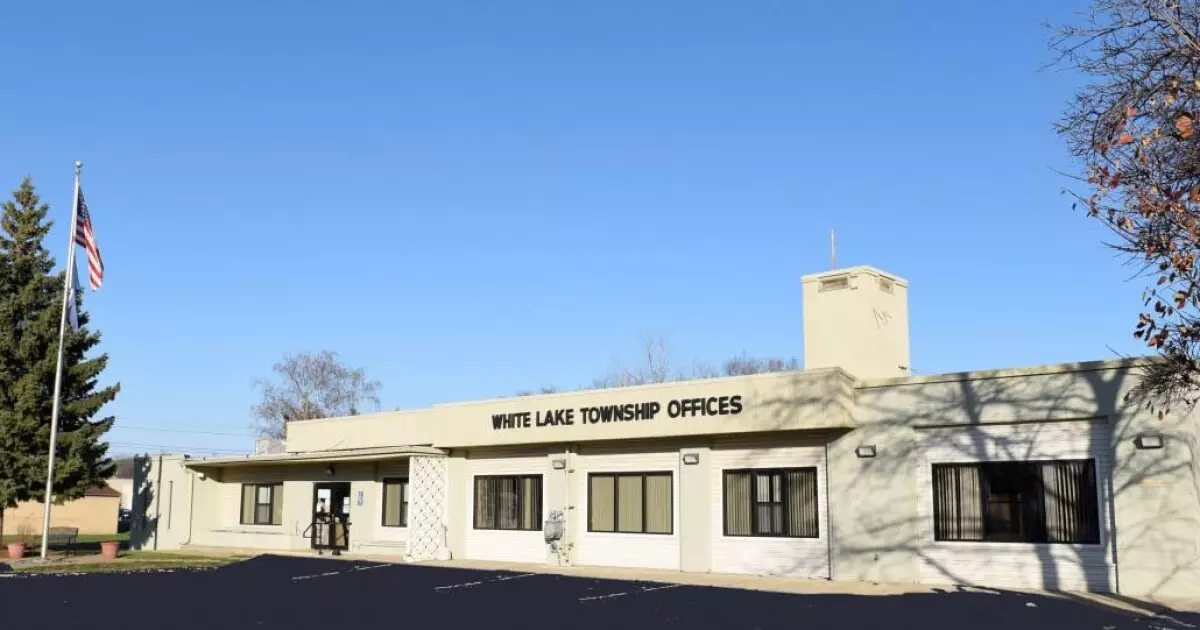The cybersecurity landscape is an increasing concern for municipalities worldwide, and the experience of White Lake Township, Michigan epitomizes this challenge. Following a devastating cyberattack that disrupted a $29 million bond sale, the township is pivoting towards recovery by planning for the issuance of new bonds aimed at financing a civic center. This article delves into the details surrounding the cyber incident and the township’s strategic response, providing insights into the broader implications for public finance and cybersecurity practices.
In November, after discovering it had been a target of a malicious cyberattack, White Lake Township reported significant disruptions to its financial operations. The township’s Police Chief Daniel Keller stated that the bond proceeds were never received, meaning that no bonds were ultimately issued as originally planned. The attack, which occurred when a “third-party criminal actor” impersonated a township official, generated panic within the township administration. Fraudulent wiring instructions were sent to the purchaser of the bonds, leading to substantial financial theft.
The aftermath of the attack revealed that the winning bidder for the bonds, Robert W. Baird, was able to recover approximately $21.3 million of the nearly $29 million corrupted transaction, though the township is left grappling with the remaining funds lost to criminals.
With plans to issue new bonds, White Lake Township is strategically shifting its approach to financing. This time, the township has opted for a negotiated bond sale, involving financial heavyweights like Stifel and JPMorgan. Such a pivot indicates a landscape of heightened caution; the approach is likely designed to mitigate risks associated with competitive sales that involve more transient, one-time bidding processes.
Furthermore, the township’s preliminary official statement outlines a clear path forward, detailing not only the financing intentions but also the enhanced cybersecurity measures being put in place. Engaging Baker Tilly as a municipal advisor signifies a thoughtful approach to addressing the risks that previously led to their financial downfall.
The implications of the White Lake Township cyber incident extend beyond its immediate financial ramifications, serving as a warning for municipalities everywhere. Omid Rahmani, public finance cybersecurity lead at Fitch Ratings, noted that while instances of cyberattacks on public finance are not unprecedented, visible cases such as White Lake’s underscore the urgent need for comprehensive cybersecurity practices.
The frequency and potency of such attacks necessitate a shift in how municipalities approach their cybersecurity infrastructure. Cybersecurity was a hot topic in the recent Government Finance Officers Association conference, where the shift toward developing industry-wide best practices was emphasized. The consensus is clear: organizations cannot ignore the sophistication and adaptability of modern cyber threats.
As White Lake Township moves forward, maintaining its AA-plus rating for forthcoming bonds indicates a focused commitment to both recover and fortify its financial position. The bond proceeds from the Series 2025 bonds are earmarked for crucial infrastructure developments, including a new public safety headquarters and a civic building. Such investments not only position the township for growth but also signal resilience amid adversity.
The township’s incorporation of enhanced cybersecurity measures is vital in reassuring stakeholders and investors. S&P Global has flagged weaknesses in password security and has willfully acknowledged the township’s efforts to address these vulnerabilities, which could mitigate future threats. The strategic value of a strong cybersecurity posture cannot be overstated, especially as municipalities navigate the dynamics of public finance and technology.
White Lake Township’s journey from the brink of financial turmoil due to cyber interference to the proactive issuance of new bonds is a testament to resilience. The efforts to recover lost funds while simultaneously improving cybersecurity protocols reflect a broader narrative about the necessity of safeguarding municipal financial systems against an evolving threat landscape. As public finance entities work to bolster their defenses, the experience of White Lake Township will serve as both a cautionary tale and a blueprint for improvement. The commitment to transparency, diligence, and innovation in response to adversity ultimately positions the township to not only recover but thrive in the face of future challenges.


Leave a Reply